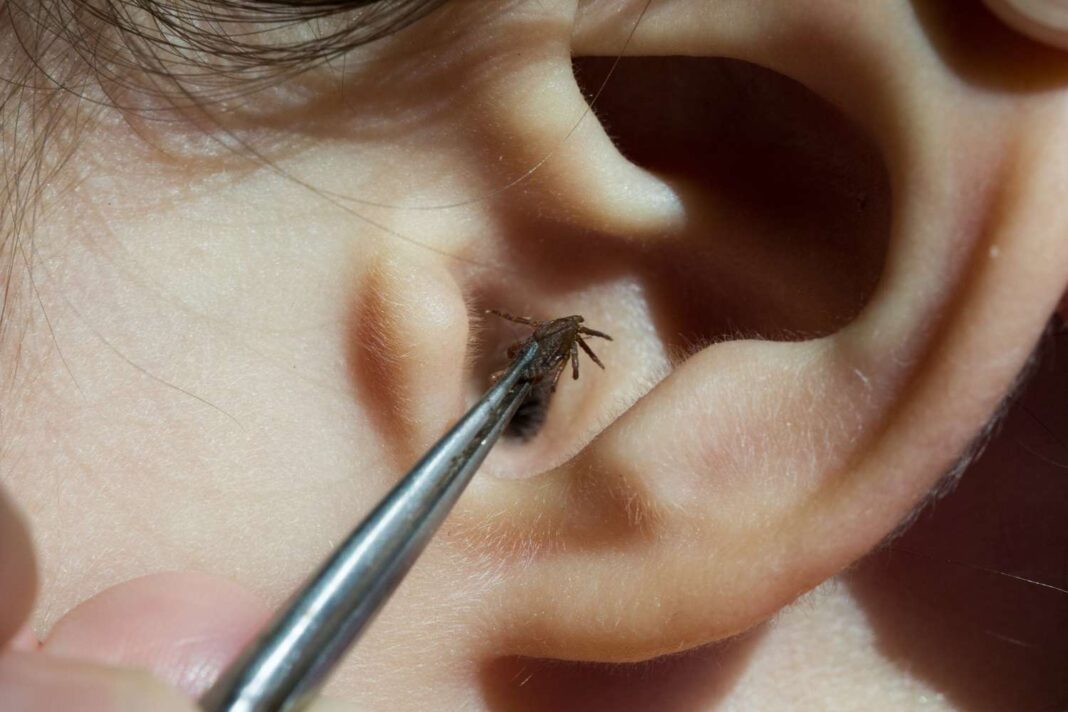Getting a Bug Out of Your Ear
What to Do
A bug in your ear can be removed safely with a few precautions. First, tilt your head to the side and gently shake to see if the bug will fall out. If this doesn’t work, pour a small amount of vegetable oil into the ear and gently shake your head. If that still doesn’t help, try using a bulb syringe to squirt warm water into your ear and shake again.
Removing a Bug from Your Ear
To remove a bug from your ear, try these steps:
- Tilt your head to the side and gently shake. Do not hit your head to remove the bug.
- If the bug does not come out, try pouring a small amount of warm (not hot) vegetable oil or baby oil into the affected ear with an ear dropper. Then gently shake your head to see if the bug comes out on its own or with the flow of liquid.
- If the first two steps do not work, squirt a small amount of warm water into your ear with a bulb syringe. Tilt your head to the side and shake gently. Repeat if necessary.
- If these steps do not work, see a healthcare provider.
What Kills Bugs in the Ears
Warm water, vegetable oil, or baby oil can safely kill and immobilize bugs in the ear, making them easier to remove without causing harm, even if the ear is scratched. Avoid using other substances unless specifically advised by a healthcare provider.
Symptoms
If you have a bug in your ear, you will likely experience symptoms right away. The tissues and nerves in the ear are very sensitive and can trigger symptoms that you can both hear and feel.
Possible signs and symptoms of a bug in your ear include:
- Itchiness or tickling sensations in the ear
- Scratching or buzzing noises
- Muffled sound in the affected ear
- A feeling that something is stuffed in your ear
- Ear discomfort or pain
Complications
Some bugs can also cause an allergic reaction if they bite or sting you. These include bees, wasps, bedbugs, mosquitos, and ticks.
Summary
A bug in your ear can be uncomfortable but usually does not lead to any serious complications. Symptoms include redness, itching, swelling, drainage, and pain. Less commonly, some people experience an allergic reaction if the bug bites or stings.
Prevention
To prevent getting a bug in your ear, keep your room clean and free of clutter. Regularly vacuum and dust your room, and wash your bedding and towels in hot water. When camping or spending time outdoors, use bug repellant and consider wearing a hat that covers your ears. When sleeping outdoors, seal your tent shut or wear earplugs (particularly if you are in an area with a high infestation of flying or crawling insects).
FAQs
Q: How do I get a bug out of my ear?
A: Try tilting your head to the side and gently shaking, pouring vegetable oil or warm water into your ear, or using a bulb syringe to squirt warm water into your ear.
Q: What if the bug doesn’t come out?
A: If the bug doesn’t come out, see a healthcare provider for further assistance.
Q: Can I use hydrogen peroxide to remove a bug from my ear?
A: No, hydrogen peroxide is not recommended for removing bugs from the ear. It may worsen discomfort or make removal more difficult.
Q: What if I have an allergic reaction to a bug bite or sting?
A: If you experience symptoms of an allergic reaction, such as difficulty breathing, swelling, or hives, seek medical attention immediately.





